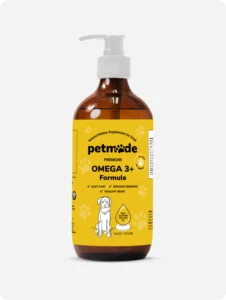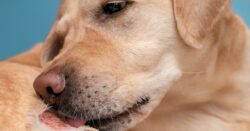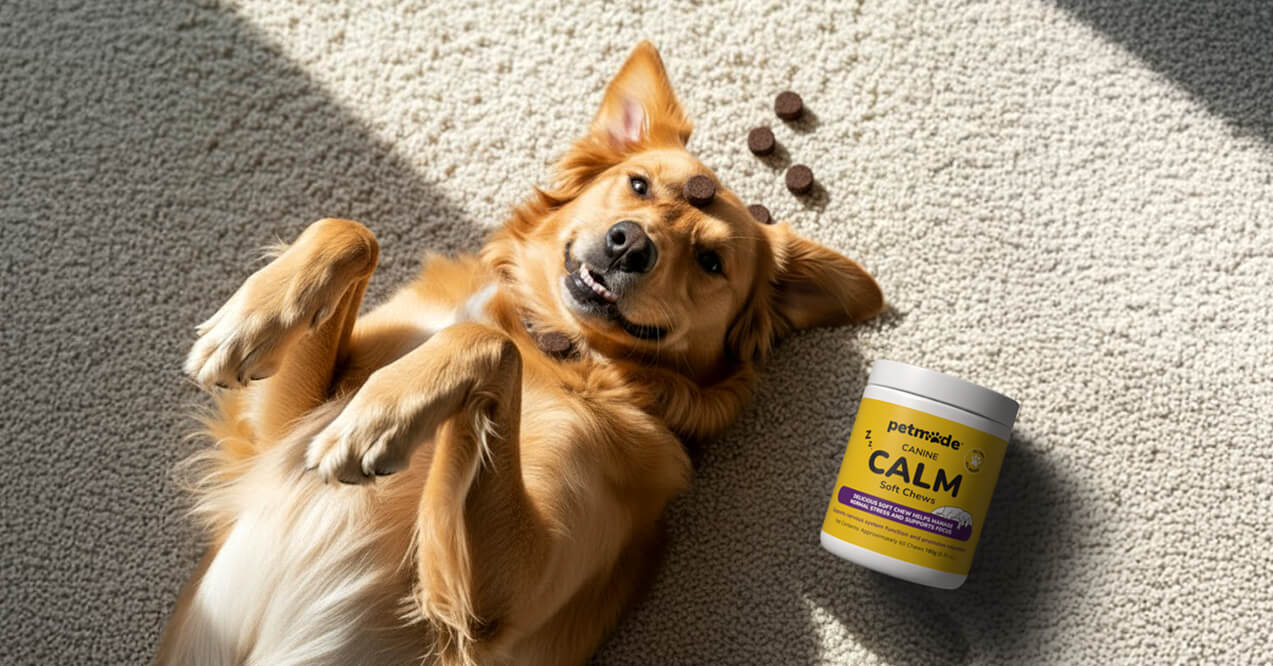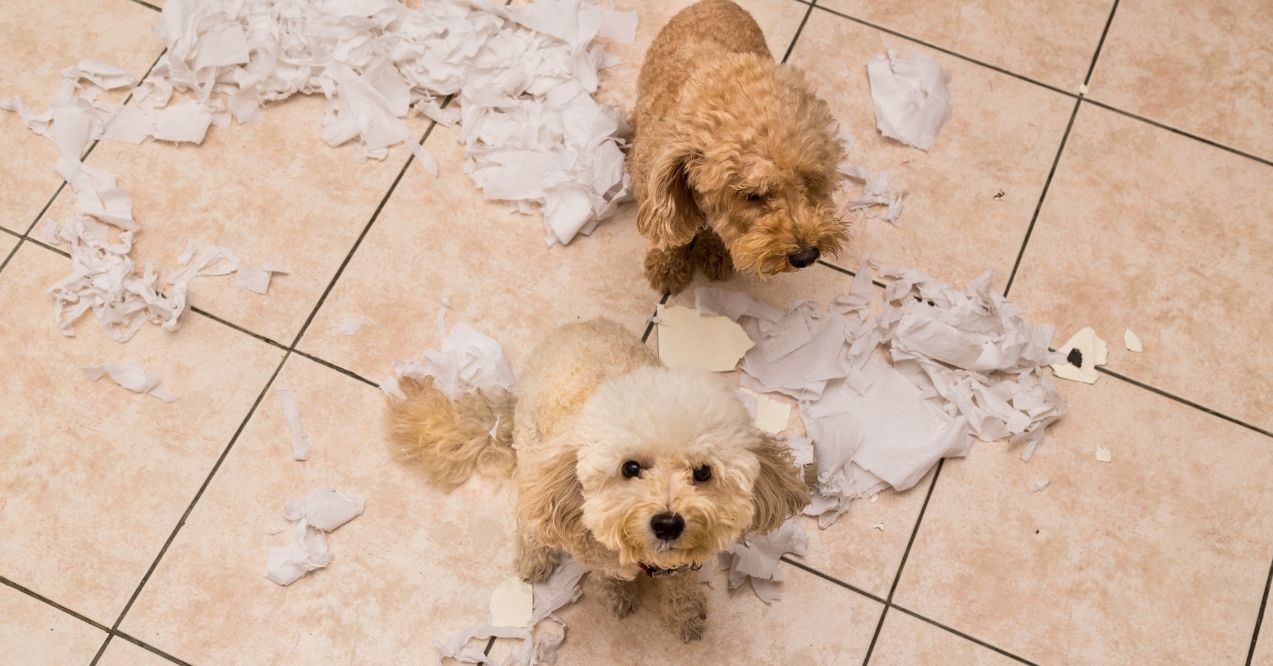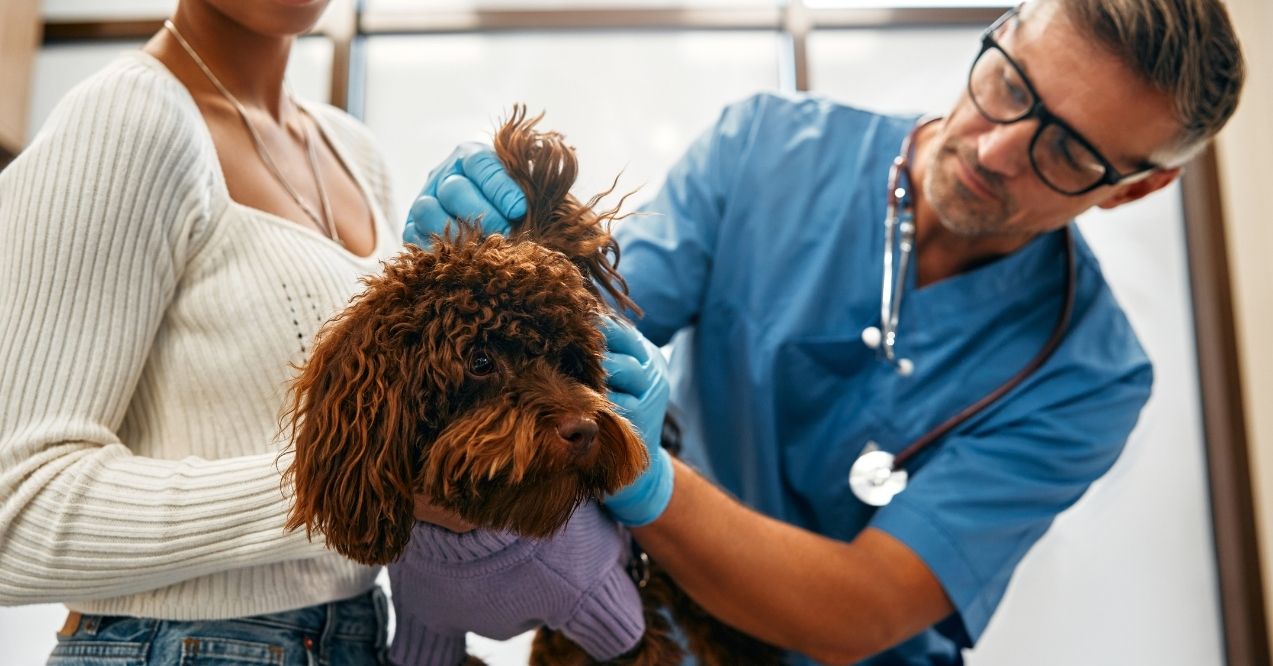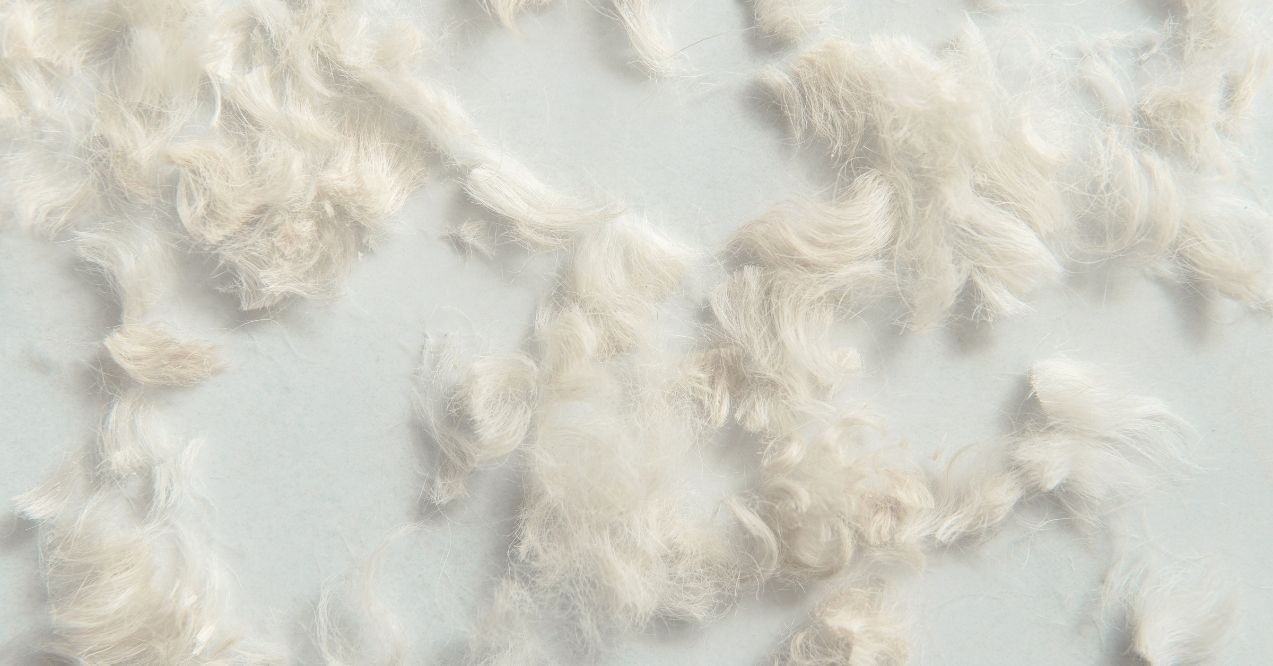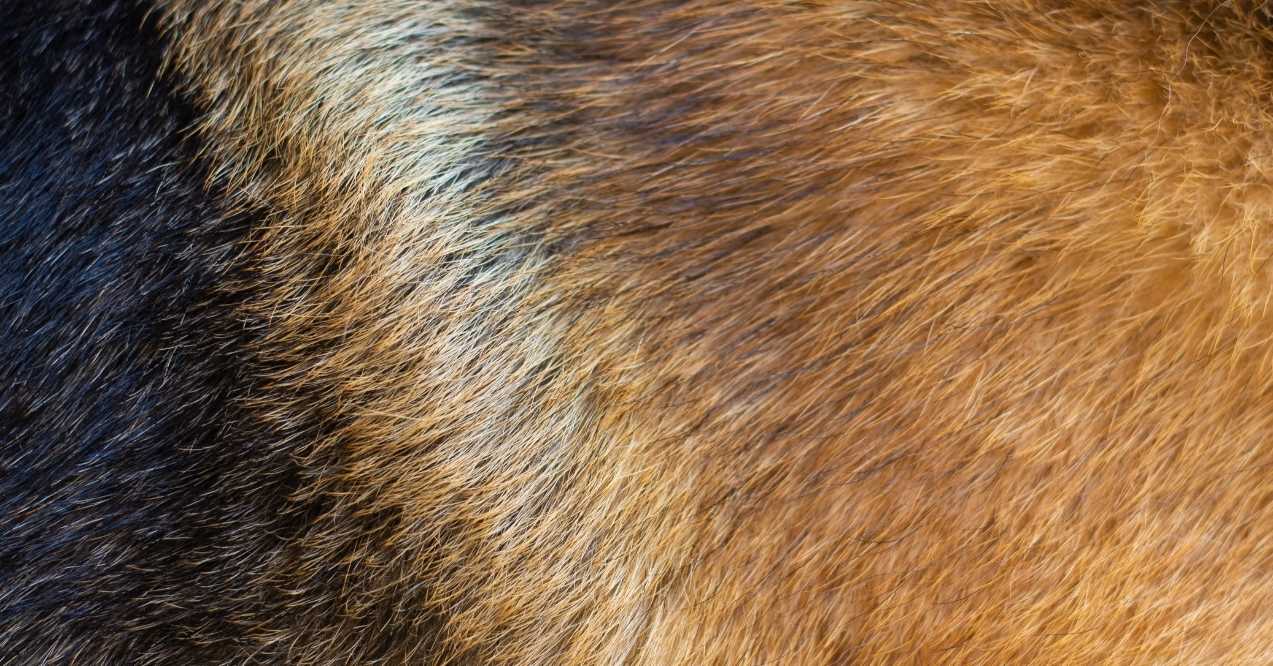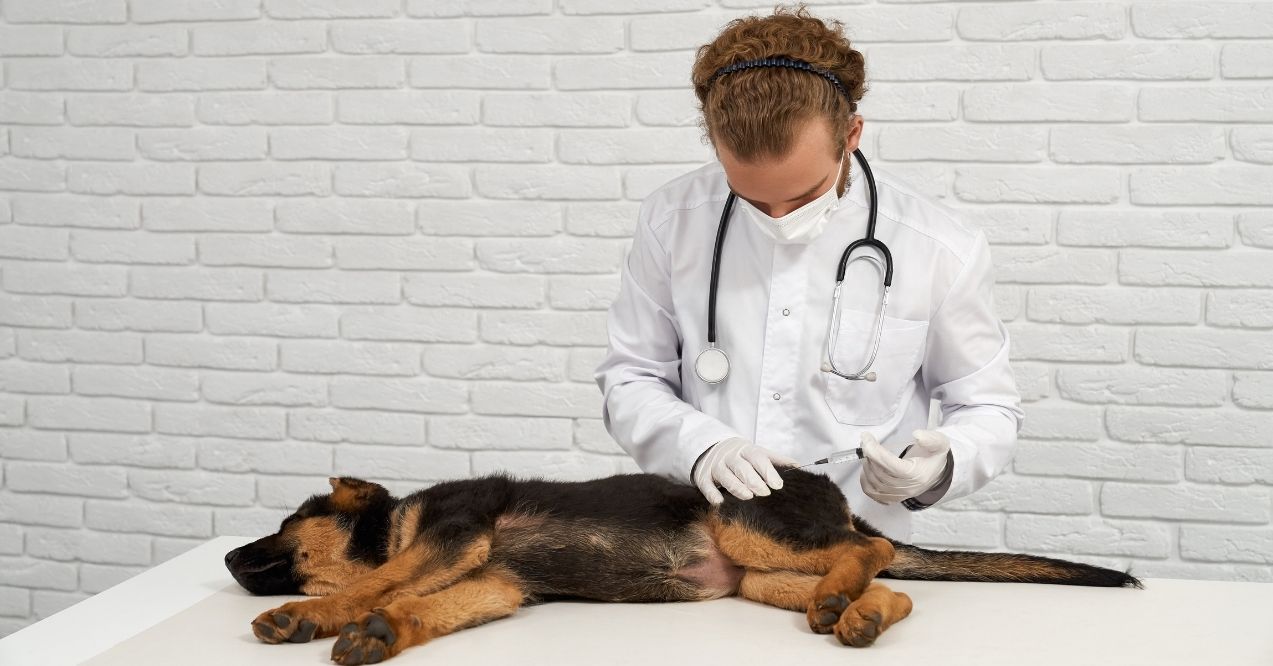Do French Bulldogs Shed? Here’s How to Deal With It
Do French Bulldogs shed? It’s a question that might catch new Frenchie owners off guard. With their sleek, short coats, you’d think these adorable pups would leave your furniture fur-free. But surprise! These compact canines can shed more than you’d expect.
While shedding is a natural part of a Frenchie’s life, there are plenty of ways to keep it under control. Let’s dive deep into the world of French Bulldog fur, exploring why they shed and how you can manage it for a cleaner home and a happier pup.
Why Does My Frenchie Shed?
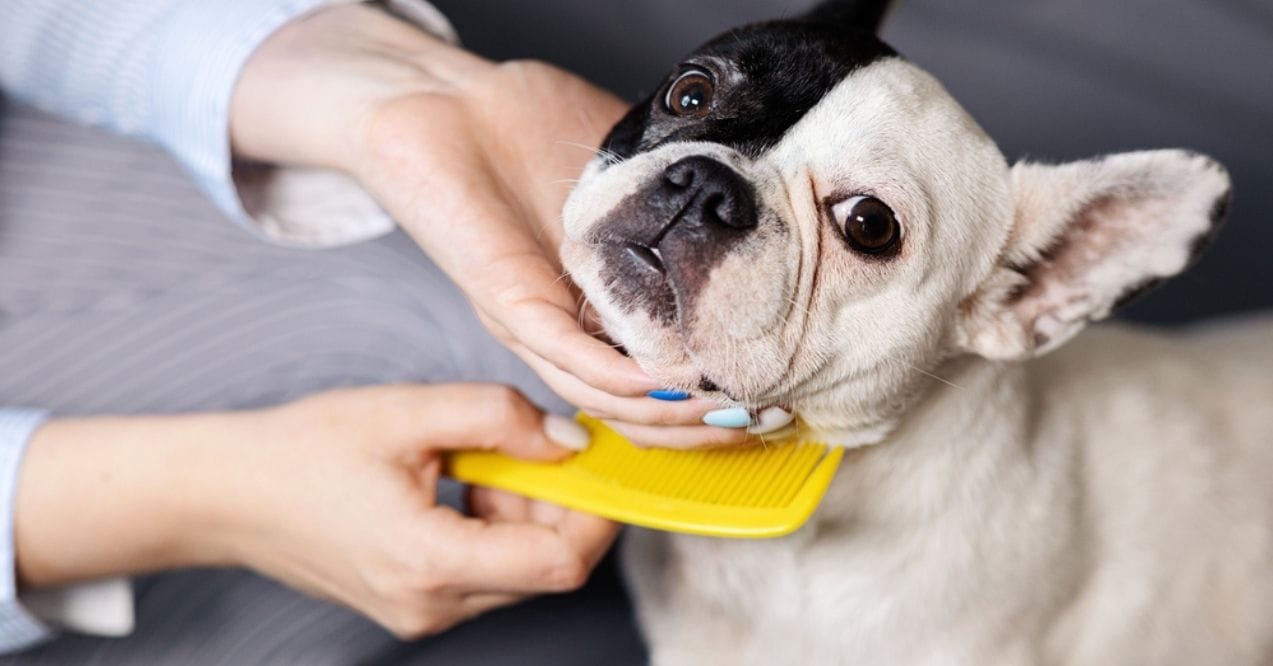
Why Frenchies Shed Year-Round
You might think short-haired dogs don’t shed much, but French Bulldogs march to the beat of their own drum. These pint-sized pooches shed consistently throughout the year. It’s all part of their natural hair renewal cycle, helping them maintain a healthy coat and regulate body temperature.
Frenchies have a single coat, unlike some double-coated breeds. This means they lack the thick undercoat that often causes excessive shedding in other dogs. However, their short, fine hairs can still find their way onto your clothes and furniture.
Seasonal Shedding vs. Constant Shedding
While Frenchies shed year-round, you might notice an uptick during certain seasons. As warmer weather approaches, many Frenchies will shed their winter coat to prepare for summer. This “blowing coat” phase can result in more noticeable fur loss. However, the change is usually less dramatic than in heavy-coated breeds.
Why All the Fur? Here’s What’s Making Your Frenchie Shed
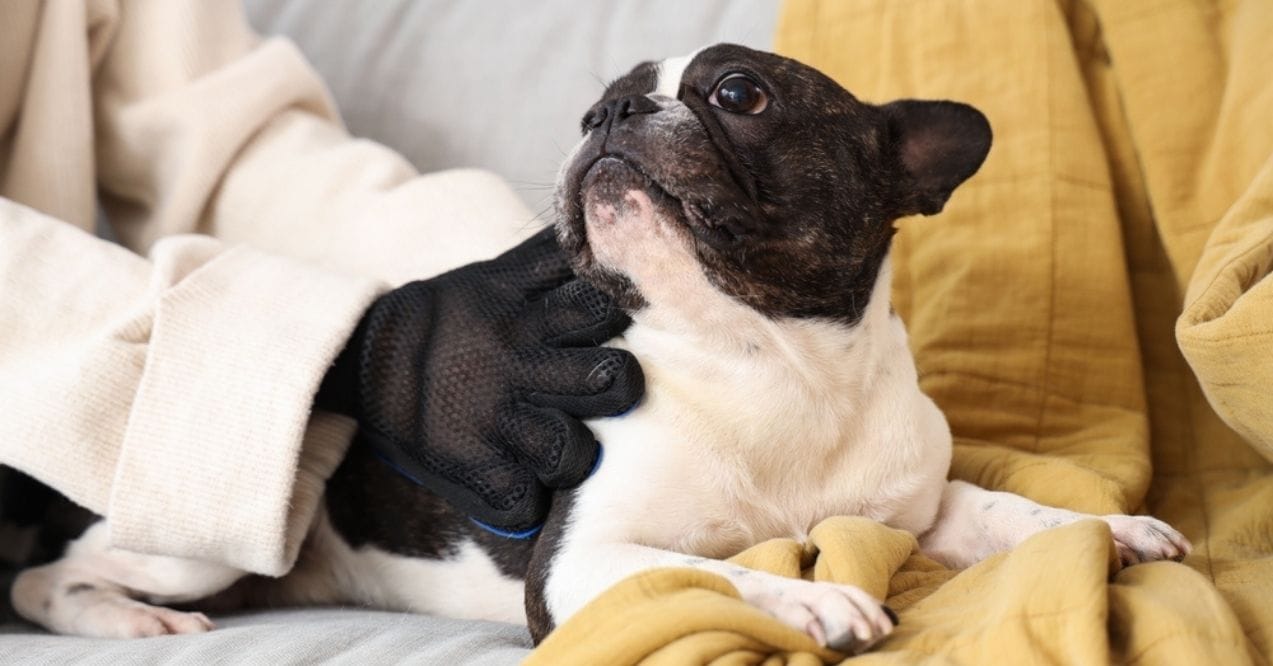
Several factors influence how much your French Bulldog sheds. Let’s break them down French Bulldog shedding levels.
Genetics and Coat Variations
Just like humans, every Frenchie is unique. Some may be heavier shedders due to their genetic makeup. Coat variations can also play a role. For instance, the “Fluffy Frenchie” – a long-haired variation – might shed differently than their short-haired cousins.
Diet and Nutrition’s Role in Coat Health
What goes into your Frenchie’s bowl directly impacts what ends up on your floor. A balanced diet rich in essential nutrients like Omega-3 fatty acids and biotin may promote a healthier coat and reduce shedding. High-quality dog food and targeted supplements can make a world of difference in managing your pup’s shedding.
Age and Hormonal Changes
A Frenchie’s age can influence their shedding patterns. Puppies often experience a coat change as they grow into adults, which can lead to temporary increased shedding. For female Frenchies, hormonal changes during heat cycles or after pregnancy can also affect fur loss.
French Bulldog Shedding Solutions
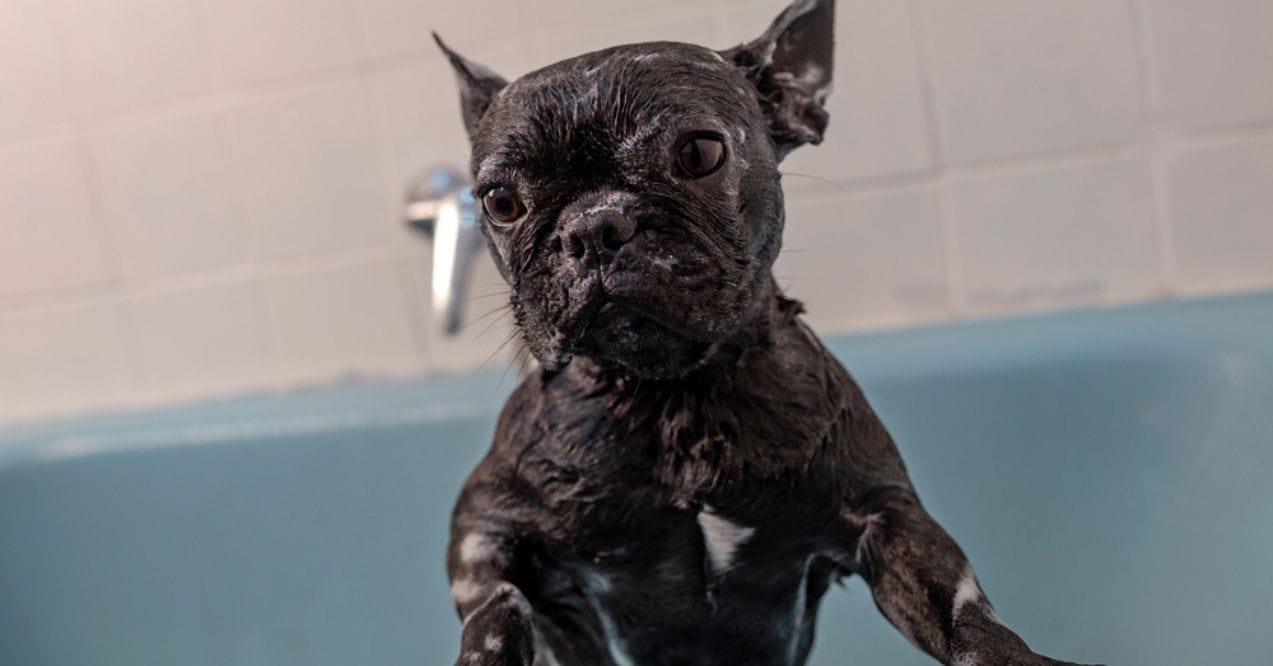
Now that we know why French bulldog shedding happens, let’s explore how to keep all that fur under control:
Regular Brushing for Optimal Coat Health
Brushing might be your top French Bulldog shedding solution. Even with their short coats, regular brushing helps remove loose fur before it ends up on your sofa. Aim for at least once a week, increasing to 2-3 times during heavy shedding seasons.
- Use a soft-bristled brush or a grooming glove for gentle, effective fur removal
- Focus on the back and sides where fur is densest
- Brushing also distributes natural oils, promoting a shiny, healthy coat
Bathing Best Practices to Control Shedding
A good bath can work wonders for managing shedding, but don’t overdo it! Too frequent bathing may strip natural oils and lead to skin issues. Stick to monthly baths using a gentle, pH-balanced shampoo. During bath time:
- Use lukewarm water to avoid irritating your Frenchie’s skin
- Gently massage the shampoo into their coat to loosen dead hair
- Consider using a deshedding tool in the bath for extra fur removal
Supplements for Reducing Shedding
The right supplements may boost your Frenchie’s coat health from the inside out. Omega-3 fatty acids, found in fish oil or flaxseed oil, may help reduce shedding and promote a shinier coat.
Dietary Adjustments for a Healthier Coat
A well-balanced diet is very important for maintaining a healthy coat and minimizing shedding. Look for dog foods rich in:
- High-quality proteins
- Omega-3 and Omega-6 fatty acids
- Vitamins A, E, and B-complex
Don’t forget about hydration! Ensure your Frenchie always has access to fresh water, as proper hydration is essential for healthy skin and coat.
Grooming Tools for Maximum Shedding Reduction
Equip yourself with the right tools to tackle Frenchie fur:
- Grooming gloves – Perfect for a gentle massage while removing loose fur
- Slicker brush – Helps detangle and remove dead hair
- Deshedding tool – Use sparingly (once a week max) to prevent skin irritation
Home Solutions to Control Shedding
While you can’t stop shedding entirely, you can keep your home fur-free:
- Invest in a good vacuum designed for pet hair
- Use washable slipcovers on furniture
- Keep lint rollers handy for quick fur removal from clothes
- Consider air purifiers to help capture airborne fur and dander
Is Your Frenchie’s Shedding a Sign of Something More?
While shedding is normal, sudden changes in shedding patterns might warrant attention. Keep an eye out for:
- Excessive hair loss or bald patches
- Itching or scratching more than usual
- Changes in skin appearance (redness, flakiness)
If you notice any of these signs, it’s best to consult with your veterinarian. They can help determine if there are underlying factors contributing to excessive shedding and recommend appropriate solutions.
Every Frenchie is unique, and what works for one might not work for another. Be patient and consistent with your grooming routine, and don’t hesitate to adjust your approach based on your pup’s individual needs.
Conclusion
So, does Frenchie shed? Yes, French Bulldogs do shed – but with the right approach, it’s entirely manageable.
By implementing a consistent grooming routine, you can keep your home (relatively) fur-free and your pup’s coat looking its best. A little extra care goes a long way in maintaining your Frenchie’s adorable appearance and overall well-being.
Embrace the occasional fur tumbleweed as a small price to pay for the joy and companionship your French Bulldog brings to your life!
French Bulldogs are moderate shedders. While they shed less than many long-haired breeds, you can still expect to find some fur around your home. The amount varies between individual dogs, but it’s generally manageable with regular grooming.
Yes, stress may lead to increased shedding in French Bulldogs. Factors like changes in environment, new family members, or anxiety can trigger more hair loss. Maintaining a stable routine and addressing sources of stress can help manage this type of shedding.
Unfortunately, it’s not possible to completely stop a French Bulldog from shedding. Shedding is a natural process for dogs. However, you can significantly reduce the amount of loose fur with regular brushing, a healthy diet, and proper grooming practices.
The best French Bulldog shedding solution involves a combination of regular brushing, proper nutrition, and occasional bathing. Supplements like Omega-3 fatty acids may also help improve coat health and reduce shedding. Consistency in your grooming routine is key to managing shedding effectively.
Advertisement. This site offers health, wellness, fitness and nutritional information and is designed for educational purposes only. You should not rely on this information as a substitute for, nor does it replace, professional medical advice, diagnosis, or treatment. If you have any concerns or questions about your health, you should always consult with a physician or other health-care professional. Do not disregard, avoid or delay obtaining medical or health related advice from your health-care professional because of something you may have read on this site. The use of any information provided on this site is solely at your own risk.

